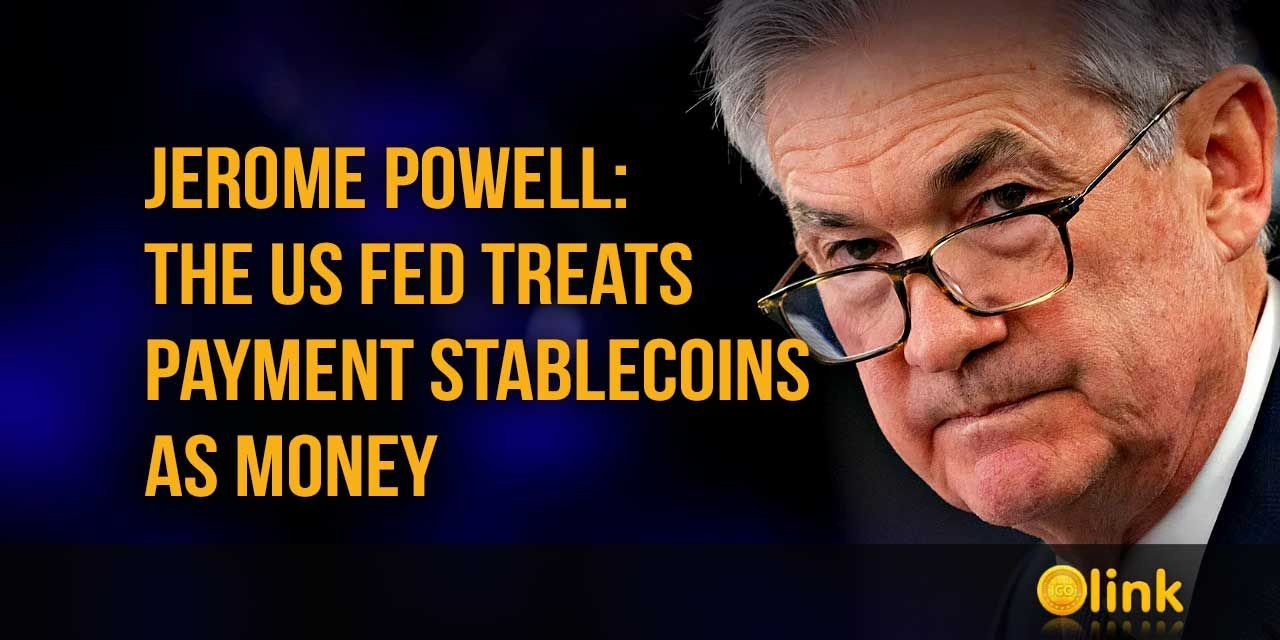Jerome Powell: The US Fed treats payment stablecoins as money
US Federal Reserve Acknowledges Stablecoins as Currency: A Bold Move by Jerome Powell
The United States Federal Reserve Chairperson, Jerome Powell, recently declared that stablecoins used for transactions, commonly known as payment stablecoins, are to be regarded as official money. Consequently, the central bank has taken upon itself the responsibility of managing their issuance, a move that reflects its intention to tighten the reins on the expanding stablecoin industry.
The Federal Reserve Steps into Stablecoin Regulation
Addressing members of the Financial Services Committee within the House of Representatives, Powell emphasized the essential role of the central bank in shaping and approving stablecoin emissions. This action reflects the Federal Reserve's robust stance in curbing any potentially reckless issuance of private currencies by parties beyond the central bank.
The Federal Reserve's acknowledgement of payment stablecoins as legitimate money necessitates its active participation in this sector. The decision underscores the need for a more potent influence from the Fed at a federal level to guide the future of stablecoins.
Balancing the Stablecoin Industry: A Critical Legislative Role
According to Powell, the legislators' oversight of the stablecoin industry's development can't be underestimated. He highlighted that reducing the regulator's role to a secondary, standby position when it comes to sanctioning a considerable influx of privately issued money would be a severe misstep. The lack of robust regulation and unchecked authorization for creating extensive private money could be perilous.
Upcoming Votes on Stablecoin Legislation
Patrick McHenry, the House Financial Services Committee Chairman, responded to Powell's statement with the expectation of legislative movement regarding stablecoins. He anticipates a vote on the stablecoin bill and a separate digital asset market structure bill in the first half of July, suggesting a rapidly evolving legal landscape for these digital currencies.
Analysts Speculate on Ether's Future Regulation
The backdrop to this significant development includes recent speculations from experts at JPMorgan bank. They hypothesize that legislators might be planning to compartmentalize ether, positioning it as a unique category of digital assets. This strategic move might be an attempt to protect it from potential actions by the Securities and Exchange Commission (SEC).
In conclusion, Jerome Powell's bold statement underscores the recognition of stablecoins as money by the US Federal Reserve. As a result, the Federal Reserve's obligation to monitor and regulate their issuance serves as a powerful testament to the growing importance of stablecoins in today's digital economy. The forthcoming votes on related legislation, along with potential changes to the categorization of ether, signal an intriguing and transformative period for the world of digital currencies.






